Explore these countries’ specific travel rules to avoid common entry and documentation pitfalls.

Navigating international travel means understanding each country’s unique entry regulations. Several nations enforce strict travel rules, from visa requirements and customs inspections to quarantine protocols and permit necessities. Being informed about these restrictions helps avoid delays and complications, ensuring a smooth visit. This guide highlights nine countries with stringent travel rules every visitor should know to prepare thoroughly before departure.
1. Japan maintains rigorous entry requirements to protect its cultural heritage.
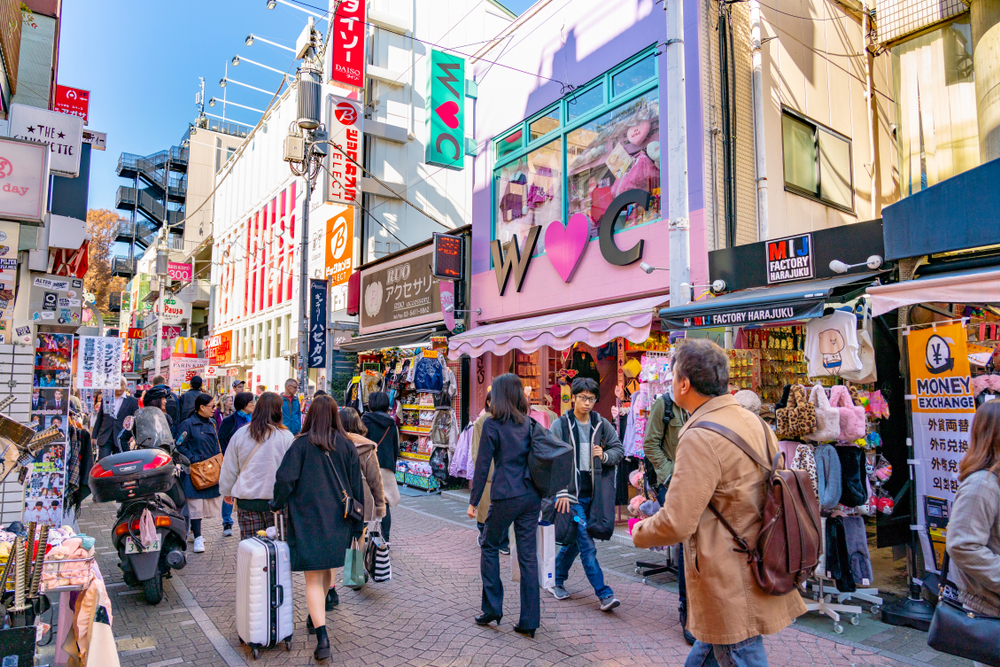
Japan’s entry procedures are designed to balance modern life with its cultural legacy. Visitors often need detailed itineraries and sufficient financial proof to secure a visa. The aim is to ensure that tourism positively impacts its traditional and historical sites for future generations.
Travelers should be prepared for thorough passport control upon arrival. Adherence to entry protocols reflects Japan’s broader commitment to preserving its cultural treasures amid thriving international tourism. The meticulous approach extends to maintaining the tranquility and order that are quintessentially Japanese.
2. Australia enforces strict biosecurity laws to safeguard its unique wildlife.

Australia’s biosecurity laws protect its distinctive flora and fauna from external threats. Rigorous inspections at airports prevent prohibited items like fresh produce and seeds from entering. The focus on biosecurity is fundamental to maintaining the island nation’s delicate environmental balance.
Failure to declare certain goods could result in hefty fines. This strict enforcement demonstrates Australia’s dedication to preventing invasive species from jeopardizing its unique ecosystems. Such vigilance has proven essential for both its natural habitats and agricultural industries.
3. Saudi Arabia requires advance visa approval and adherence to local customs.
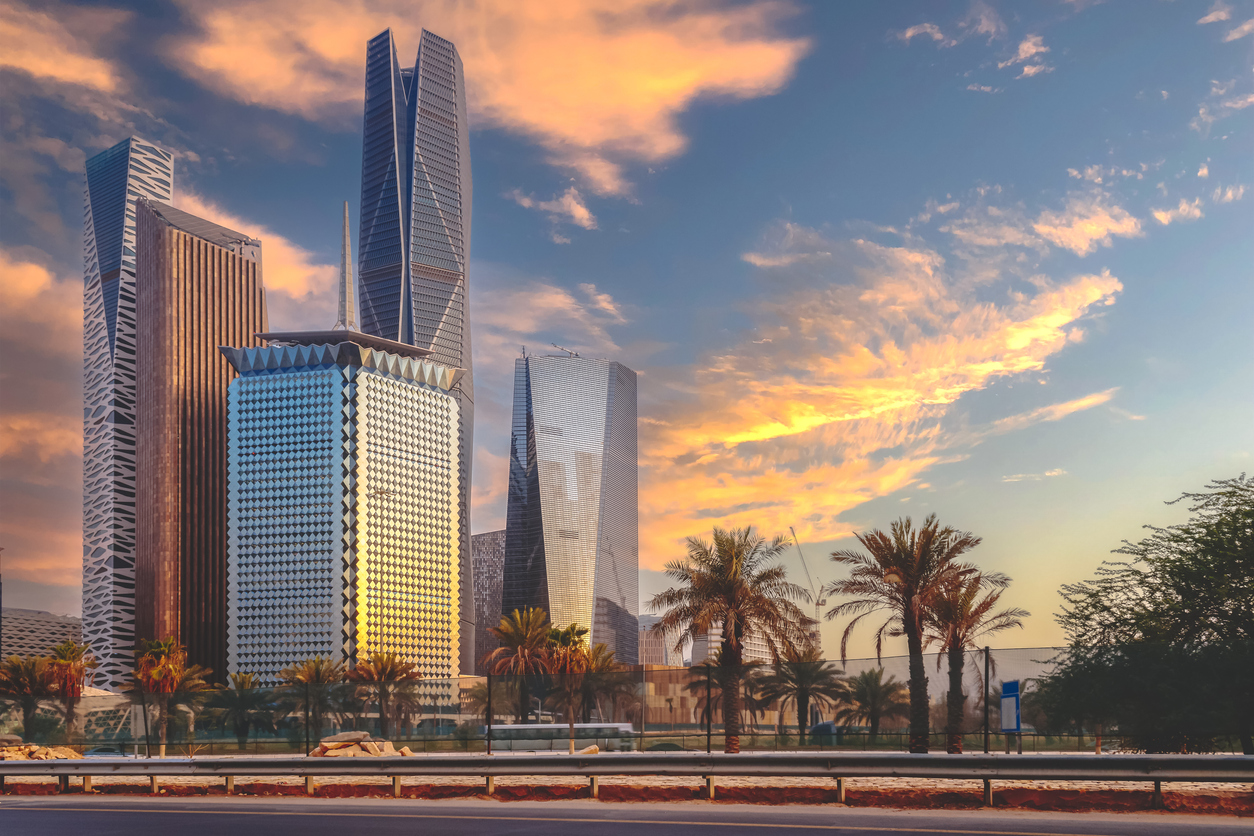
Saudi Arabia mandates pre-approved visas, emphasizing respect for its customs and traditions. Travelers must secure appropriate visas before boarding and be aware of cultural norms regarding attire and behavior. The kingdom’s guidelines reflect the importance it places on cultural preservation and religious practices.
Noncompliance with these rules can lead to denied entry or restrictions on movement. Visitors should be mindful of local customs to ensure a respectful and harmonious stay. This cultural sensitivity facilitates a smoother integration into Saudi society for newcomers.
4. Norway demands thorough documentation for stays exceeding a specific duration.
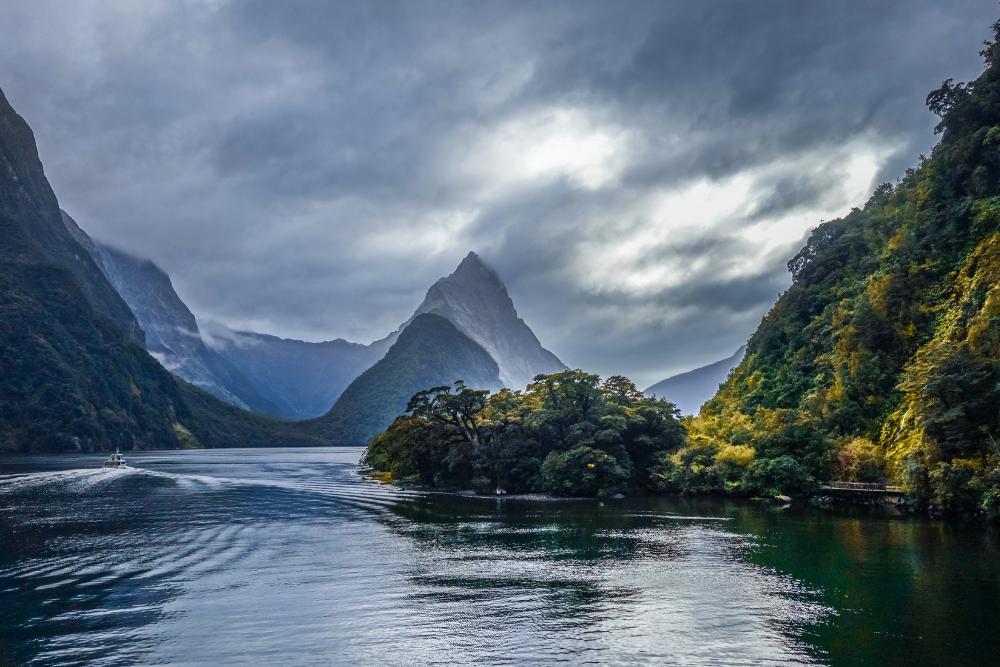
Norway requires comprehensive documentation for extended visits, ensuring alignment with its social policies. For stays beyond 90 days, visitors must provide proof of accommodation and means of support. These measures aim to regulate migration while accommodating enthusiastically welcomed foreign visitors.
Failure to meet documentation standards may result in denied entry or limited stay durations. Norway’s meticulous vetting process underpins its approach to maintaining a fair and stable societal framework. It reflects the country’s commitment to balanced demographic growth and sustainable living conditions.
5. Singapore imposes firm rules on prohibited items to ensure public order.
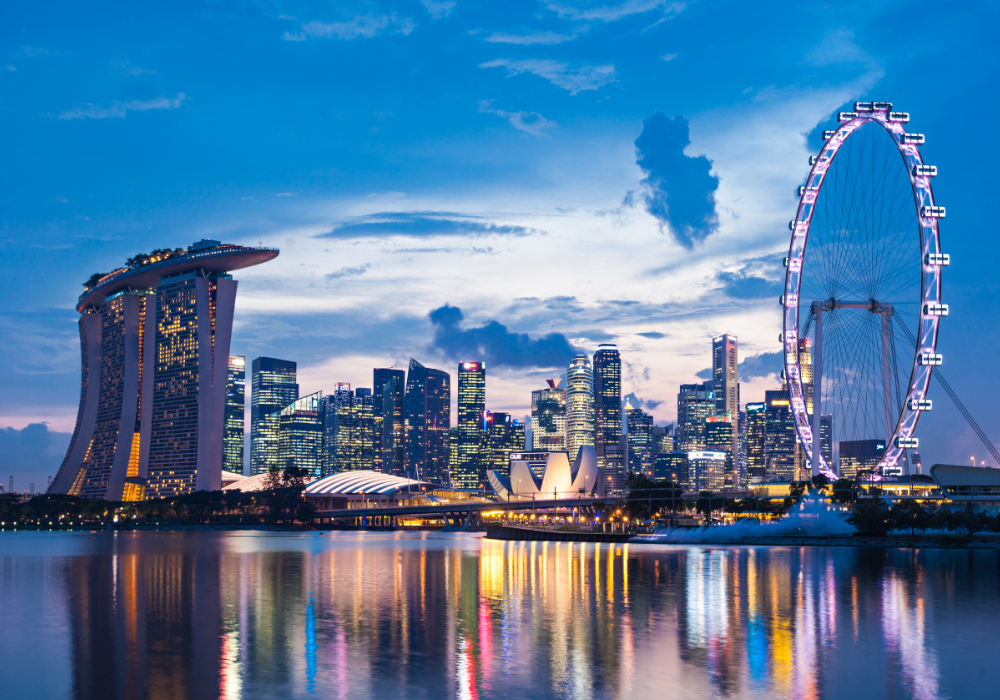
Singapore enforces strict laws against prohibited items to safeguard public tranquility. The island city-state has zero tolerance for firearms, certain narcotics, and counterfeit products, underscoring its public safety priorities. Rigorous customs checks at the borders reinforce these provisions.
Possession of illegal items can lead to severe penalties, including imprisonment. Singapore’s firm stance deters potential risks to its citizens’ security and well-being. By strictly controlling illicit goods, the nation maintains its reputation as a safe and orderly place to live and visit.
6. Bhutan limits tourist numbers with precise permit regulations to preserve nature.
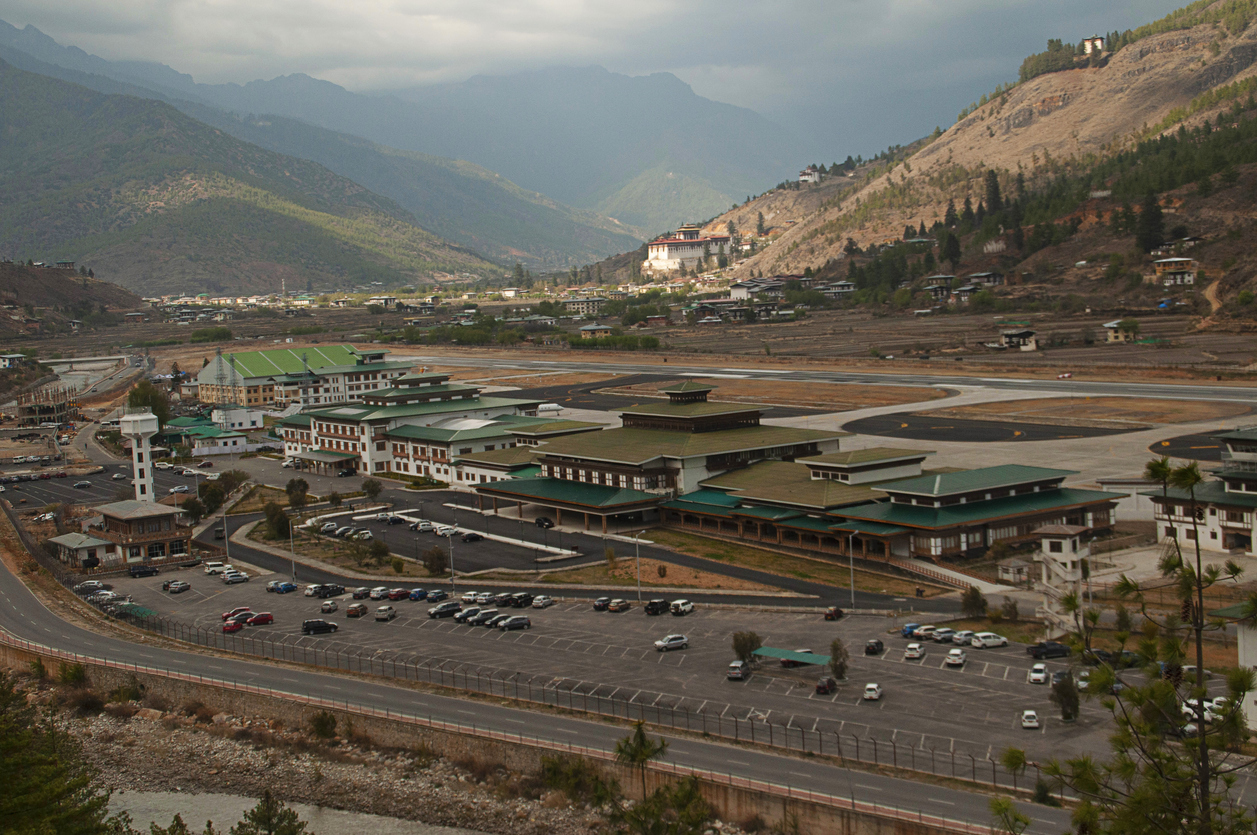
Tourism in Bhutan is carefully managed through controlled visitor numbers via precise permit regulations. The kingdom sets daily limits to protect its stunning landscapes and cultural heritage. Entry permits are part of a broader initiative to leverage tourism while preserving Bhutanese traditions.
Adhering to these measures allows Bhutan to balance economic benefits from tourism with environmental conservation. The country’s mindful approach ensures that tourist activities are sustainable, guarding sacred sites and pristine natural beauty from potential overcrowding and degradation.
7. United Arab Emirates has detailed visa processes reflecting security priorities.
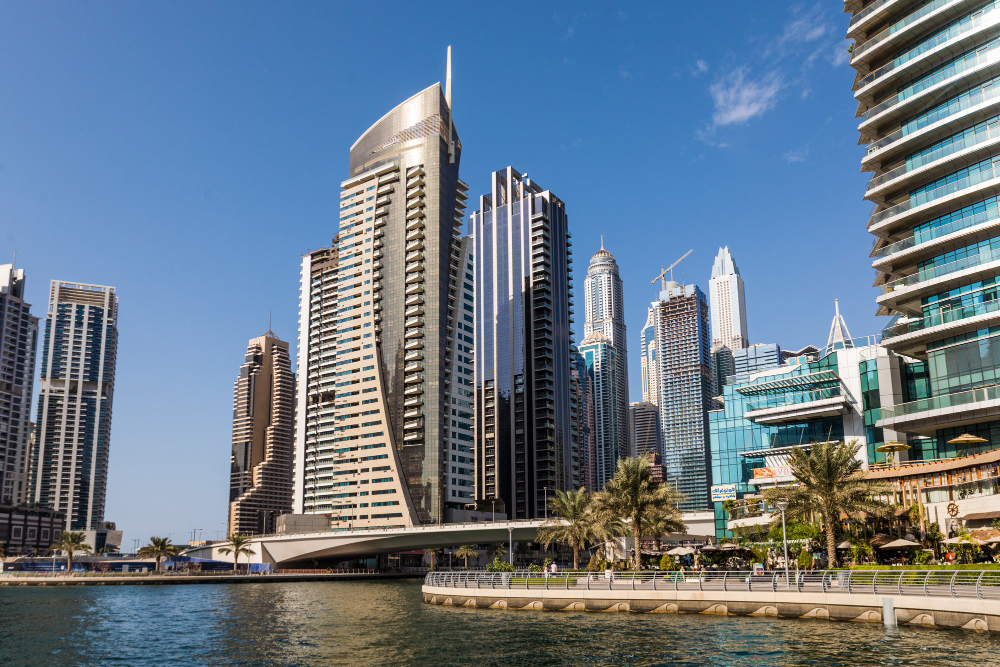
The United Arab Emirates has a detailed visa process that mirrors its focus on national security. Travelers usually need to obtain a visa before arrival, and visitor approvals are subject to rigorous background checks. These procedures align with the country’s strategic security objectives.
Navigating the UAE’s entry requirements successfully requires careful attention to visa categories and supporting documents. This thorough scrutiny is part of a wider framework to ensure the safety and welfare of residents and visitors alike. It reinforces the nation’s commitment to a secure and stable environment.
8. Cuba controls visitor access closely to manage its sensitive political climate.
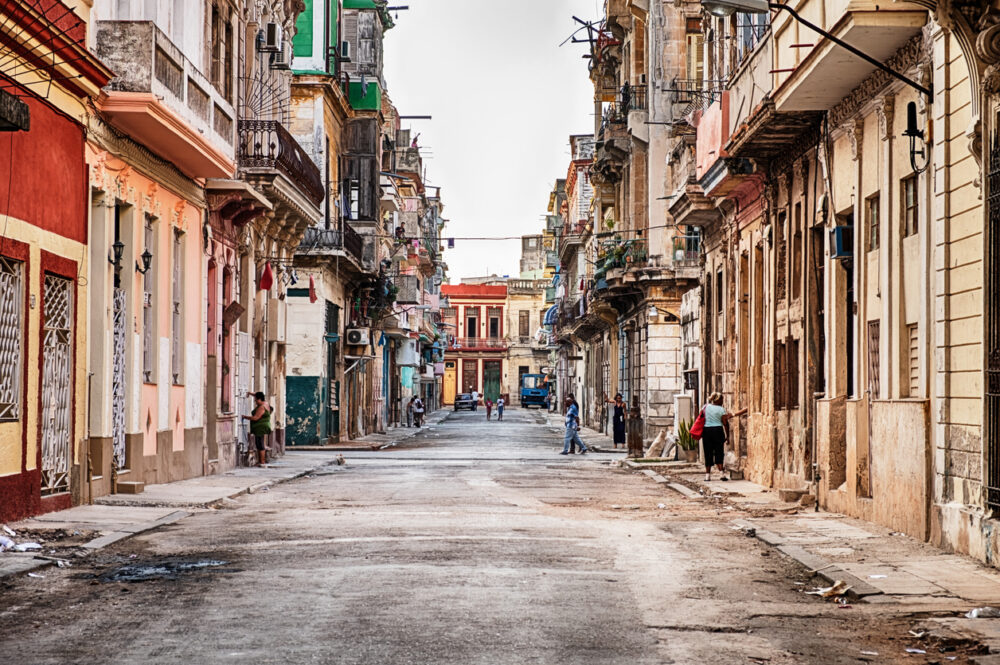
Cuba’s restrictions on visitor access are tightly linked to its political climate. Travelers often need special travel permits, with certain nationalities facing additional scrutiny. These controls reflect the Cuban government’s priorities in maintaining sovereignty and overseeing foreign influences.
Applicants may encounter a meticulous review process that stems from broader national objectives. Cuba’s approach ensures that international interactions align with its political values and domestic agendas. The country’s oversight signifies the complex interplay between foreign engagement and internal governance.
9. Iran enforces strict visa regulations with careful scrutiny of travelers’ backgrounds.
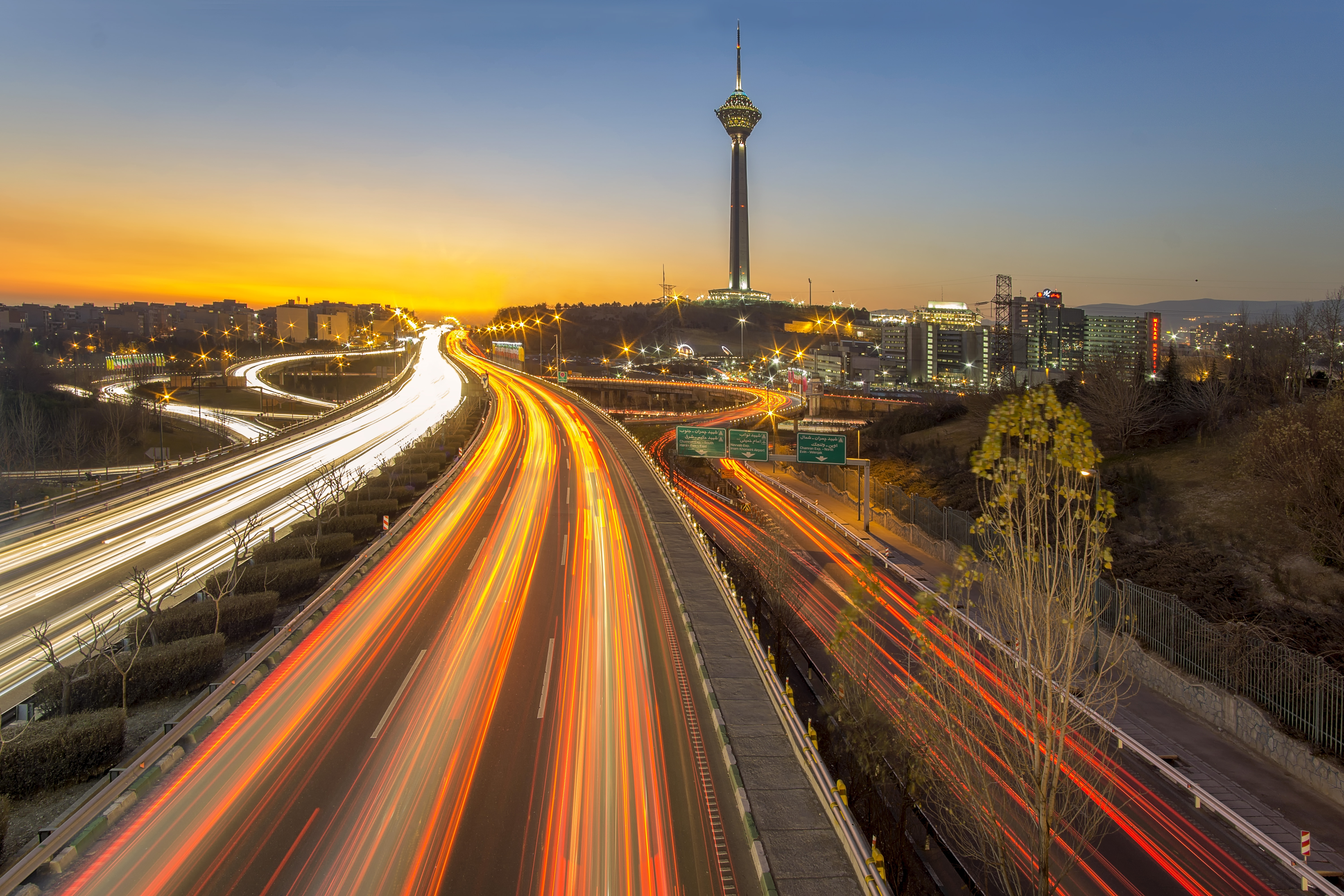
Iran enforces stringent visa regulations, thoroughly scrutinizing travelers’ backgrounds. Recent and accurate personal information must be provided, as entry is contingent on national security interests. This process underscores Iran’s vigilant stance towards protecting its boundaries.
Iranian authorities focus on comprehensive vetting, balancing openness with cautious oversight. The rigorous checks serve a dual purpose: welcoming cultural exchanges while ensuring security measures are met. Visitors must meet these criteria to align with Iran’s principles of safeguarding its national integrity.
